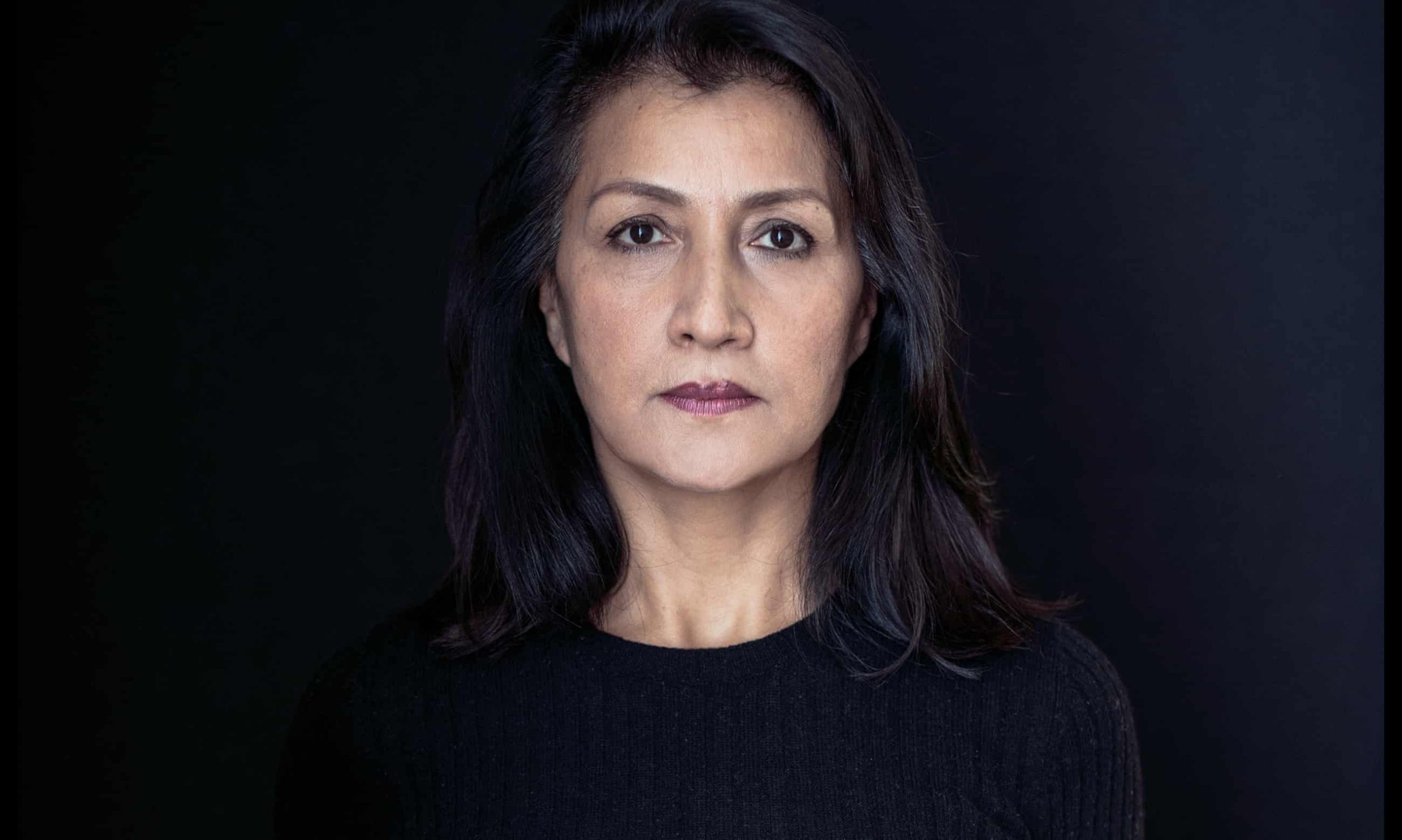
How even to begin the story of what I went through in Xinjiang? How to tell my loved ones that I lived at the mercy of police violence, of Uighurs like me who, because of the status their uniforms gave them, could do as they wished with us, our bodies and souls? Of men and women whose brains had been thoroughly washed – robots stripped of humanity, zealously enforcing orders, petty bureaucrats working under a system in which those who do not denounce others are themselves denounced, and those who do not punish others are themselves punished. Persuaded that we were enemies to be beaten down – traitors and terrorists – they took away our freedom. They locked us up like animals somewhere away from the rest of the world, out of time: in camps.
In the “transformation-through-education” camps, life and death do not mean the same thing as they do elsewhere. A hundred times over I thought, when the footfalls of guards woke us in the night, that our time had come to be executed. When a hand viciously pushed clippers across my skull, and other hands snatched away the tufts of hair that fell on my shoulders, I shut my eyes, blurred with tears, thinking my end was near, that I was being readied for the scaffold, the electric chair, drowning. Death lurked in every corner. When the nurses grabbed my arm to “vaccinate” me, I thought they were poisoning me. In reality, they were sterilising us. That was when I understood the method of the camps, the strategy being implemented: not to kill us in cold blood, but to make us slowly disappear. So slowly that no one would notice.


